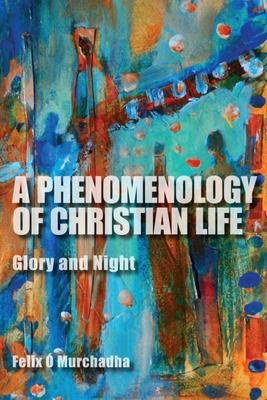How does Christian philosophy address phenomena in the world? Felix Murchadha believes that seeing, hearing, or otherwise sensing the world through faith requires transcendence or thinking through glory and night (being and meaning). By challenging much of Western metaphysics, Murchadha shows how phenomenology opens new ideas about being, and how philosophers of "the theological turn" have addressed questions of creation, incarnation, resurrection, time, love, and faith. He explores the possibility of a phenomenology of Christian life and argues against any simple separation of philosophy and theology or reason and faith.

Book
A Phenomenology of Christian Life: Glory and Night
(Write a Review)
Hardcover
$50.00
How does Christian philosophy address phenomena in the world? Felix Murchadha believes that seeing, hearing, or otherwise sensing the world through faith requires transcendence or thinking through glory and night (being and meaning). By challenging much of Western metaphysics, Murchadha shows how phenomenology opens new ideas about being, and how philosophers of "the theological turn" have addressed questions of creation, incarnation, resurrection, time, love, and faith. He explores the possibility of a phenomenology of Christian life and argues against any simple separation of philosophy and theology or reason and faith.
Hardcover
$50.00